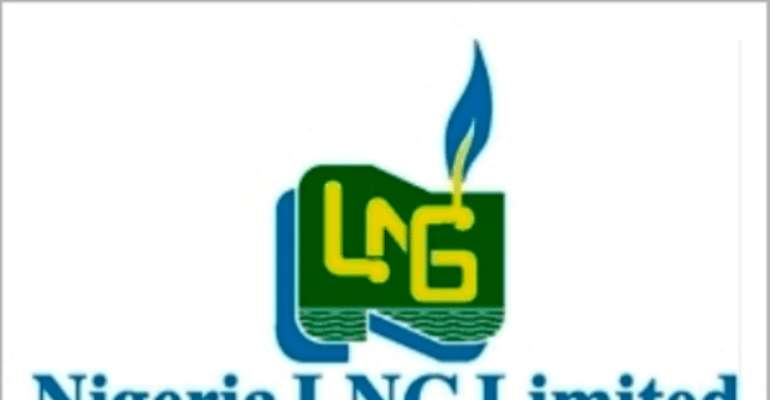NLNG sues NIMASA over disputed levies

The Nigeria Liquefied Natural Gas (LNG) Limited (NLNG) has sued the Nigerian Maritime Administration and Safety Agency (NIMASA) of the vexed issue of various levies that led to a stand off between the two organizations in April.
The gas company has approached a Federal High Court in Lagos, asking for judicial interpretation of the legality or otherwise of the various levies imposed on it by the maritime regulator.
After the intervention of the Federal Government, which is the majority shareholder in NLNG, the company has been in compliance with government's directive to pay the said levies to NIMASA. However, the NLNG ostensibly was not convinced it was the right thing under its enabling laws.
NLNG's General Manager in charge of External Relations, Mr. Kudo Eresia-Eke, confirmed the company had gone to court in a statement on Tuesday.
He said that the protracted dispute between both parties arose as a result of perceived conflict in the enabling Acts of both organisations.
The Acts that need judicial interpretation, according to him, are the Nigeria LNG (Fiscal Incentives, Guarantees and Assurances) Act on one hand and NIMASA Act, Merchant Shipping Act and Coastal and Inland Shipping Act on the other hand.
While NIMASA argues that these levies were applicable to NLNG, the latter argued that they were exempted from such levies and charges by virtue of the NLNG Act.
He said, 'NIMASA had filed a suit against NLNG in 2010 claiming entitlement to these levies. After preliminary proceedings were taken and concluded, and the matter was ready for hearing, NIMASA filed an application to withdraw the suit, and on May 3, 2013 resorted to self-help by blocking the Bonny Channel for two days, thereby preventing ingress and egress of NLNG chartered vessels with attendant financial losses and reputational damage to NLNG and Nigeria in general.'
According to him, following this blockade incident, a series of meetings were subsequently directed by the federal government in the past few weeks resulting in the instruction to NLNG to pay the NIMASA levies.
He said, 'It is instructive to note that Nigeria LNG Limited and its shareholders still firmly believe in the rectitude of their earlier position that NLNG is duly protected by the provisions of the NLNG Act against the payment to NIMASA of the Sea Protection Levy, the three per cent freight levies on cargo exports shipped by NLNG, and that the two per cent Cabotage Levy on LNG carriers is inapplicable because NLNG's LNG vessels are not involved in coastal trade or cabotage.
'The NLNG is international export business and is thus subject to all relevant national and international laws, standards and ethos with which it must comply.' This, he said, requires that all its dealings are governed and premised on the universal principles of the rule of law to which the federal government also affirms its commitment.
'The company has often clarified that the issues it has with payment of any levy, charge or impost has little to do with the amounts involved, but more with the principle of the rule of law, so that it can safeguard its international business which rests squarely on its reputation as a law abiding company, as well as Nigeria's reputation in the global community.'
Nigeria LNG is owned by four shareholders, namely, the Nigerian National Petroleum Corporation, (NNPC) (49 per cent); Shell Gas BV, SGBV (25.6 per cent); Total LNG Nigeria Limited (15per cent); and Eni International (N.A,) N. V. S. a. r. l (10.4 per cent).
